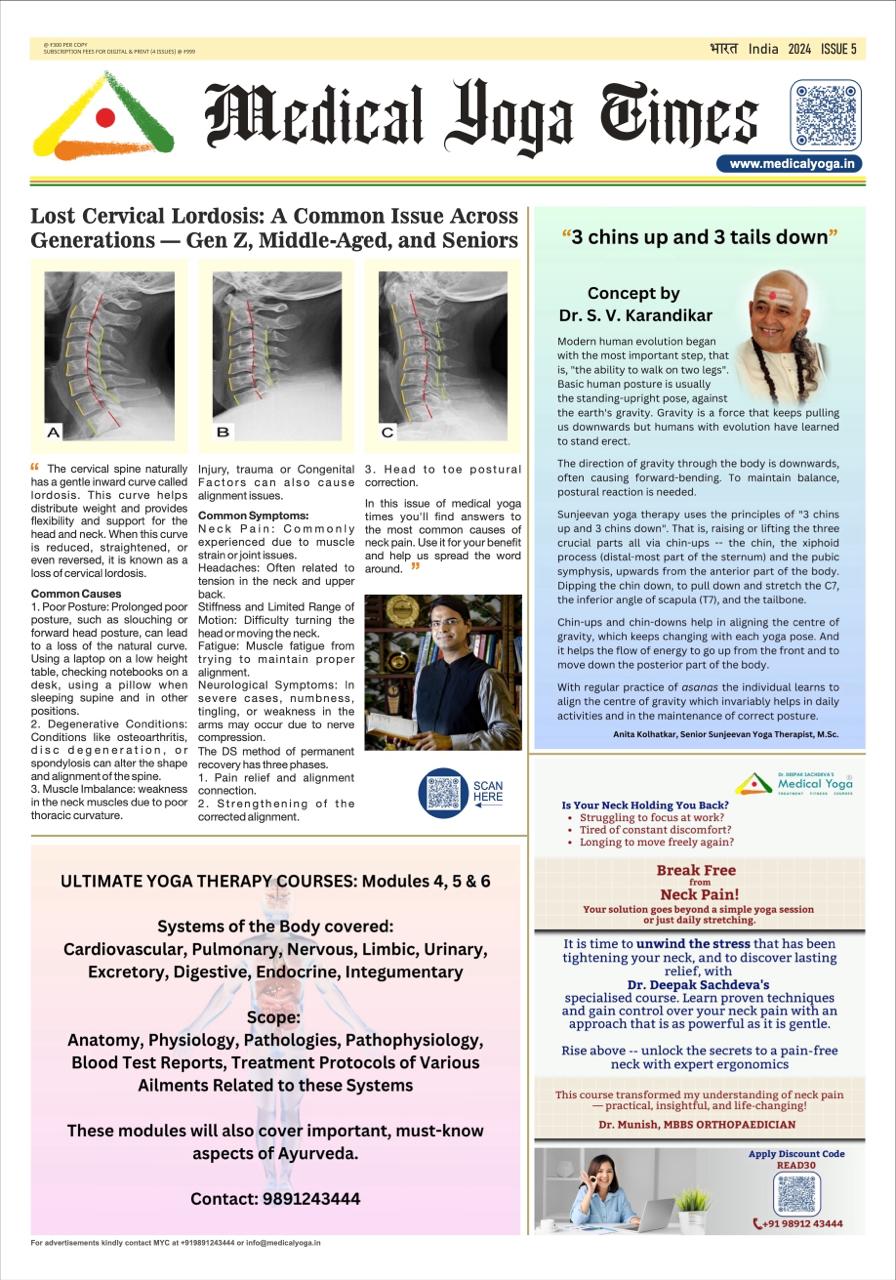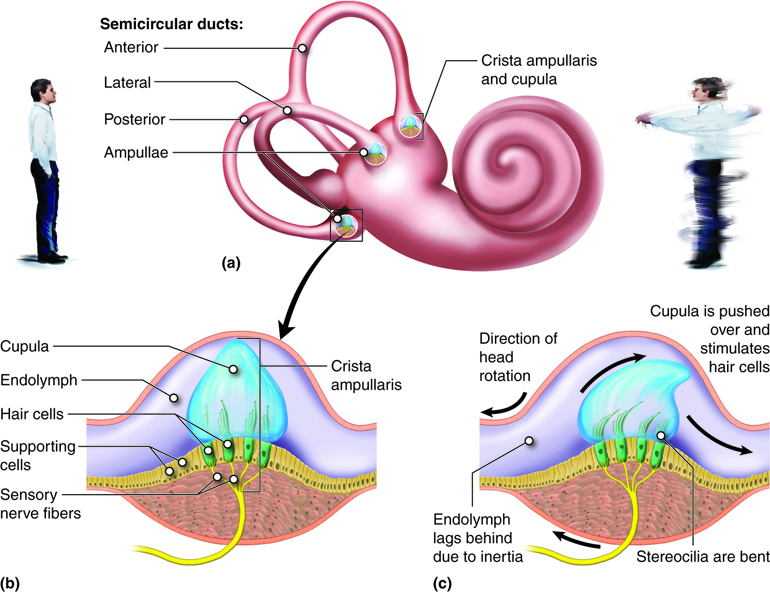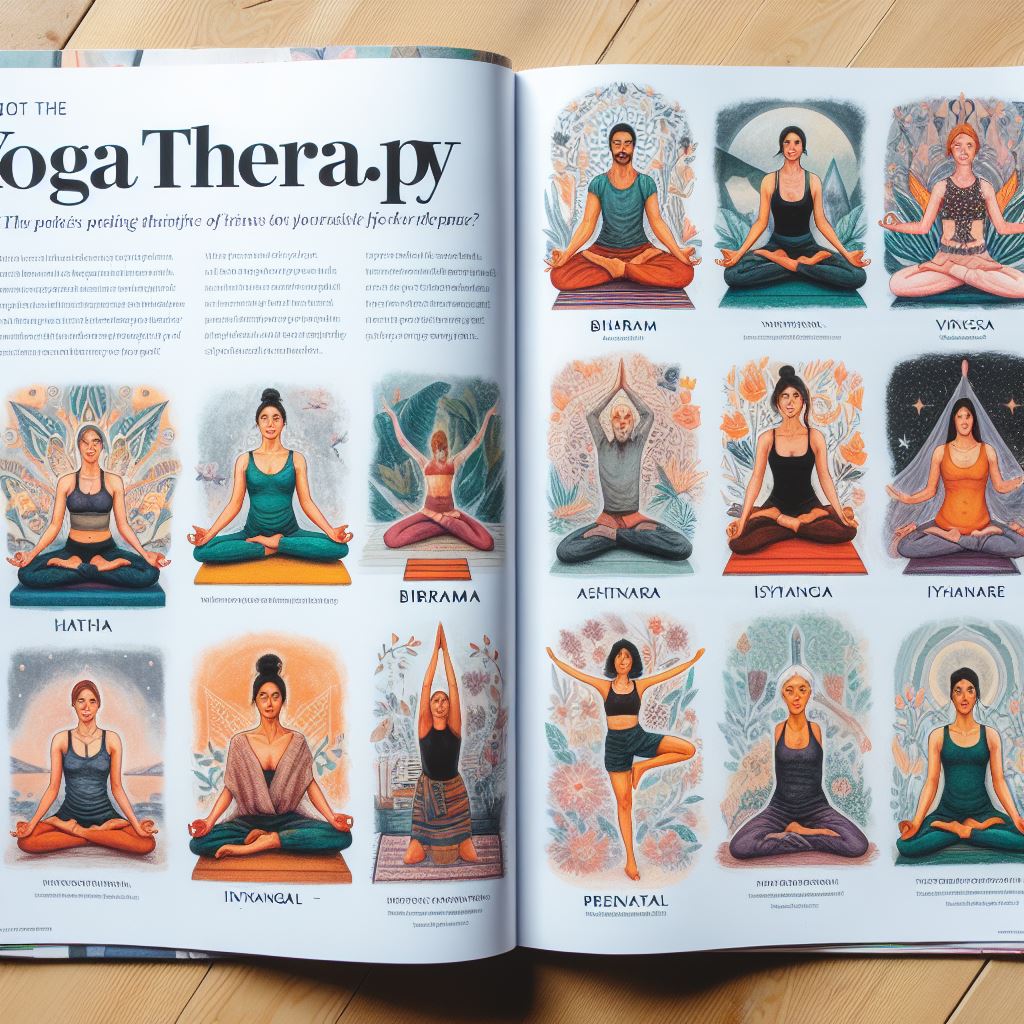Psychology of Duty & Responsibility in Adults

Psychology of Duty & Responsibility in Adults
Our sense of responsibility stems from personal values, learned behaviors, and societal expectations. While it fosters commitment and self-esteem, excessive responsibility can lead to stress or dysfunction.
Key Factors
Personal Values: Enhances self-esteem, agency, and purpose when aligned with one’s beliefs.
Learned Behaviors: Shaped by childhood experiences, social norms, and role models.
Challenges: Over-responsibility, fear of failure, or toxic guilt can cause burnout or anxiety.
Benefits: Encourages dependability, empathy, and resilience when balanced.
Stress from Duty & Responsibility
External pressures (work, family, finances) and internal factors (perfectionism, guilt) contribute to stress, leading to anxiety, burnout, or health issues.
Coping Strategies:
Set boundaries and delegate tasks
Prioritize self-care and seek support
Challenge unrealistic expectations
Teacher-Specific Stressors
Teachers face high workloads, emotional demands, and external pressures (setting examinations, testing, parental expectations), risking burnout.
Solutions:
Reduce administrative burdens, if at all possible
Provide resources and emotional support
Foster respect for the profession
Importance of Sleep for Teachers
Sleep improves cognitive function, emotional regulation, and health, directly impacting teaching effectiveness and classroom atmosphere.
Why It Matters:
Enhances memory, focus, and creativity
Reduces stress and improves patience
Supports physical well-being and engagement
Report by Swati Chaudhuri
|
Prioritising Quality Sleep Lack of sleep is the main cause of dark circles and eye redness. People who work late in the night, against the circadian rhythm of the body, end up with poor digestion, wrinkles, low energy levels, and tired eyes. Sleep deprivation leads to blood vessel dilation, causing dark circles and redness. Ensure 7-9 hours of restful sleep to support natural eye recovery. Maintain a consistent bedtime routine, reduce blue light exposure before sleep, and practice relaxation techniques for improved rest. Research Insight: A study in the Journal of Clinical & Experimental Ophthalmology highlights that poor sleep quality significantly increases the risk of eye dryness and redness due to reduce tear production.
|




